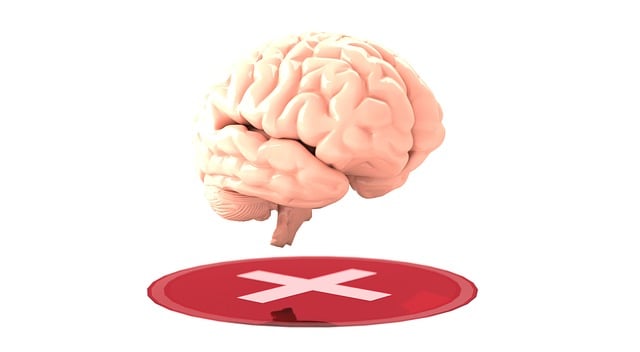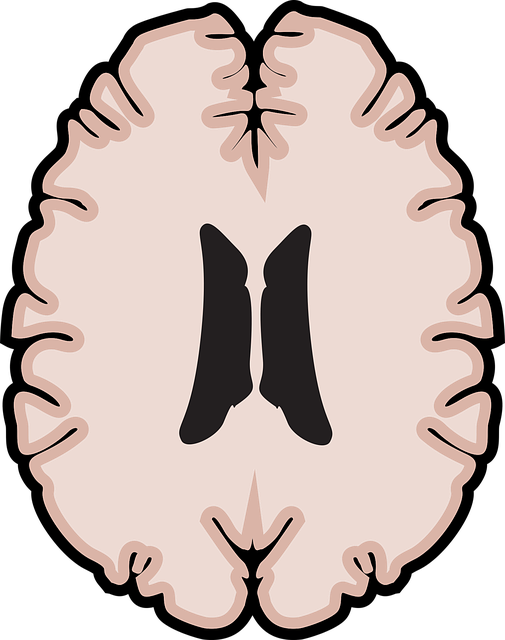Crisis intervention, especially through evidence-based practices like Littleton Post-Traumatic Stress Disorder (PTSD) Therapy, is crucial for immediate support and long-term recovery in mental health care. This approach involves skilled practitioners with high emotional intelligence who provide safe spaces, active listening, empathy, and grounding exercises to reduce anxiety and prepare individuals for holistic, customized healing. Swift assessment, tailored education, and cultural competency training are key components, while self-care practices ensure provider well-being. Littleton PTSD Therapy goes beyond symptom management, empowering individuals to develop coping skills, emotional regulation, and stress management techniques, ultimately fostering resilience and improved quality of life.
In moments of crisis, effective intervention can be a lifeline. This guide explores essential strategies for providing immediate support during traumatic events, with a particular focus on identifying and addressing Post-Traumatic Stress Disorder (PTSD). We delve into evidence-based therapies proven to aid recovery, highlighting the pivotal role of Littleton PTSD Therapy in fostering long-term resilience. By understanding these interventions, we can better navigate emergencies and promote healing.
- Understanding Crisis Intervention: A Primer on Immediate Support
- Assessing for Post-Traumatic Stress Disorder (PTSD) in Emergency Situations
- Evidence-Based Strategies for Effective Crisis Therapy
- The Role of Littleton PTSD Therapy in Long-Term Recovery and Resiliency
Understanding Crisis Intervention: A Primer on Immediate Support

Crisis intervention is a critical component of mental health support, offering immediate assistance during moments of acute distress. It involves a structured approach to help individuals cope with traumatic or highly stressful events, aiming to prevent long-term psychological scars. The primary goal is to provide a safe space for expression and ensure stability. For instance, in the context of Littleton Post-Traumatic Stress Disorder (PTSD) Therapy, crisis interventions are tailored to address the unique challenges faced by survivors.
This process demands a high level of emotional intelligence from practitioners, enabling them to understand and respond sensitively to clients’ needs. By employing various techniques, such as active listening, empathy, and grounding exercises, mental health professionals can facilitate individuals’ ability to regulate their emotions and gain perspective. The focus is on immediate anxiety relief while also laying the groundwork for long-term recovery, ensuring that those in crisis receive holistic support tailored to their specific circumstances.
Assessing for Post-Traumatic Stress Disorder (PTSD) in Emergency Situations

In emergency situations, swiftly assessing for Post-Traumatic Stress Disorder (PTSD) is crucial for effective crisis intervention strategies. Healthcare providers must be adept at recognizing the signs and symptoms of PTSD among individuals affected by sudden trauma or disasters. This early identification enables timely interventions, which can significantly impact long-term recovery. The American Psychological Association’s guidelines on Littleton Post-Traumatic Stress Disorder Therapy emphasize the importance of assessing for PTSD in emergency care settings to ensure proper treatment and support.
Effective assessment involves a combination of direct questioning, observation, and understanding of the individual’s experience. Mental Health Education Programs Design tailored to crisis scenarios can equip healthcare providers with essential skills for screening and initial management. Additionally, Healthcare Provider Cultural Competency Training is vital to address the unique needs of diverse populations, ensuring that interventions are sensitive and accessible. Self-Care Practices among healthcare workers are also critical, as their emotional well-being directly influences the quality of care they provide during high-stress situations.
Evidence-Based Strategies for Effective Crisis Therapy

In the realm of crisis intervention, evidence-based strategies have proven to be pivotal in effective therapy, particularly for issues like Post-Traumatic Stress Disorder (PTSD). One such approach gaining traction is Littleton Post-Traumatic Stress Disorder Therapy, which focuses on addressing the root causes and symptoms of PTSD. This method leverages scientific research to offer tailored interventions, enhancing clients’ ability to cope with traumatic events. By integrating various therapeutic techniques, this strategy promotes mental wellness and fosters resilience in individuals facing crises.
The process often involves the development of coping skills, encouraging positive thinking as a mechanism to navigate challenging situations. Through structured guidance, individuals learn to manage their responses, preventing escalating crises. This holistic approach not only treats symptoms but also equips clients with lifelong tools to maintain mental wellness and adapt to future stressors, ensuring a more stable and fulfilling life.
The Role of Littleton PTSD Therapy in Long-Term Recovery and Resiliency

Littleton Post-Traumatic Stress Disorder (PTSD) therapy plays a pivotal role in fostering long-term recovery and enhancing resiliency among individuals facing traumatic events. This specialized treatment goes beyond addressing symptoms to equip clients with effective coping mechanisms, thereby promoting sustained mental well-being. Through evidence-based practices tailored to each individual’s unique needs, therapists in Littleton help patients process and overcome the profound impacts of trauma, enabling them to rebuild their lives with enhanced resilience.
Integrating stress management techniques, emotional regulation strategies, and public awareness campaigns development, Littleton PTSD therapy offers a holistic approach that transcends immediate crisis intervention. By fostering better understanding and management of traumatic stress responses, this form of therapy empowers individuals to navigate future challenges more effectively, ultimately contributing to improved quality of life and overall resilience in the face of adversity.
Crisis intervention plays a pivotal role in supporting individuals facing acute distress. By integrating evidence-based strategies, such as those offered by Littleton PTSD therapy, we can enhance long-term recovery and resilience. Understanding immediate support needs, assessing for post-traumatic stress disorder (PTSD), and adopting effective crisis therapy techniques are essential steps in navigating challenging situations. This comprehensive approach ensures that individuals receive the necessary guidance and care to rebuild and heal after a crisis.












